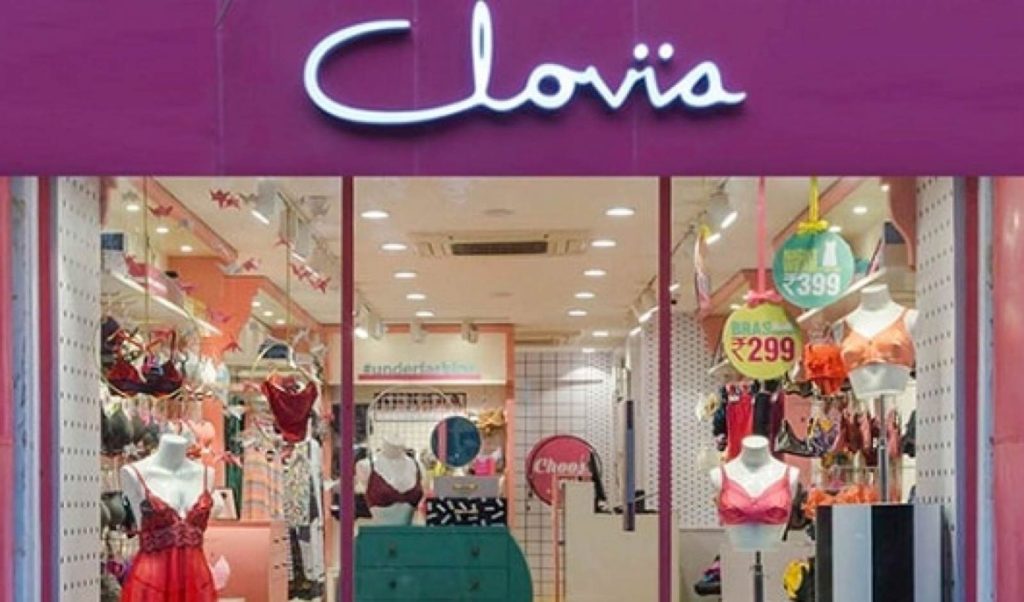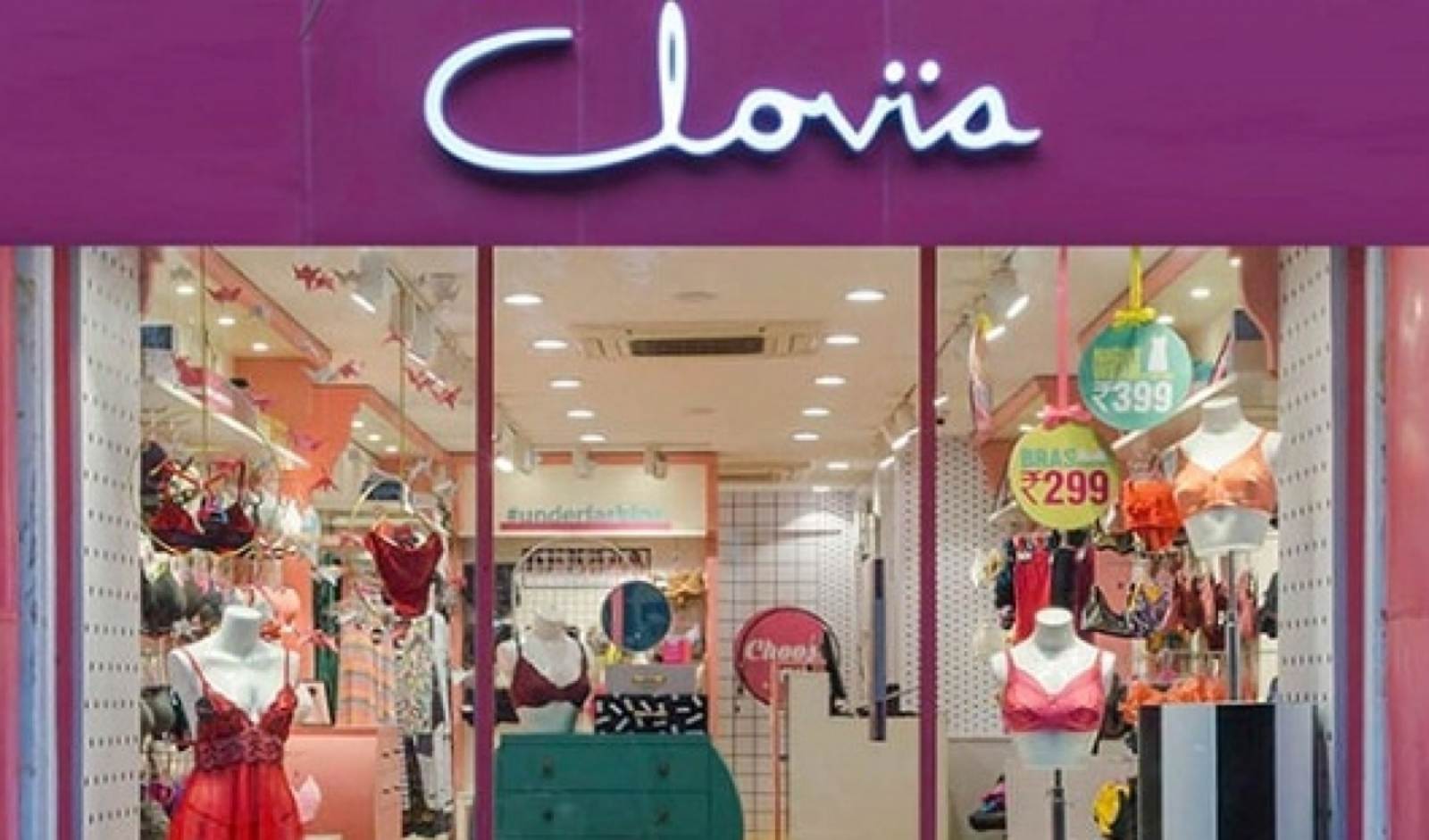Highlighting innovation in the Indian D2C environment, prominent directtoconsumer fashion and personal care brand Clovia has teamed with textile recycling company Respun to debut “BYOB – Bring Your Old Bra”, a firstofitskind bra recycling campaign in India.
This campaign represents a major stride forward not only for Clovia as a company but also for the broader Indian D2C industry, which is growing to embrace sustainable D2C methods as part of their gotomarket plans. The project seeks to address a persistent consumer issue: what to do with worn-out bras, which are hard to get rid of and majorly add to landfills because of their intricate combination of materials like foam, elastic, and underwire.

DirecttoConsumer India: Fueling Circularity Intended
Clients may walk into any Clovia retail store as part of this audacious D2C product launch, drop off their old bras, and receive ₹200 discount immediately redeemable on their next Clovia buy. Respun, an India-based platform concentrating on textile circularity, will recycle these bras responsibly. This flawless combination of D2C retail experience with a customer journey centered on sustainability is just what sets Clovia among the fastest expanding D2C brands reshaping D2C consumer behavior in India.
“We’re thrilled to introduce the BYOB program in conjunction with Respun,” Neha Kant, Founder, Clovia. We at Clovia are always looking for creative means to make daily choices easier for our clients. We are not only providing a sensible solution with this program but also establishing a valuedriven way for women to easily and purposefully update their wardrobe.
This project helps Clovia become one of the few top D2C companies in India that aggressively include sustainability into their D2C business strategy and so improve customer retention by green rewards.
A framework for D2C Brand Development and Innovation
The attention in recent D2C startup news has quickly turned toward omnichannel D2C tactics and environmentally conscious brand stories. Clovia’s action fits perfectly with the 2025 D2C market trends, where consumers want companies to be both ethical and beneficial.
Founder of Respun, Archish Kansal, said, “Our goal has always been to increase garment life cycle and lower their environmental impact. Working with Clovia helps us to mainstream an essential but frequently ignored niche—recycling intimate clothing.”
As more VCbacked D2C companies target D2C IPO news headlines or raise their valuation metrics, initiatives like BYOB provide both narrative value and social proof. This also says much about Clovia’s brand development beyond lingerie into D2C personal care brands, sleepwear, and wellness.
This action by Clovia mirrors how D2C companies in India are pushing the envelope on D2C supply chain invention and sustainable D2C development—establishing a standard for other celebrity backed D2C firms and creatorled D2C brands trying for long-lasting consumer trust.
Through this partnership, Clovia and Respun are not only upsetting textile recycling but also supporting the wider debate around D2C health startups and India’s D2C market news and insights. The project is a pivotal point in the development of D2C daily news India, where inventiveness and impact go hand in hand.








